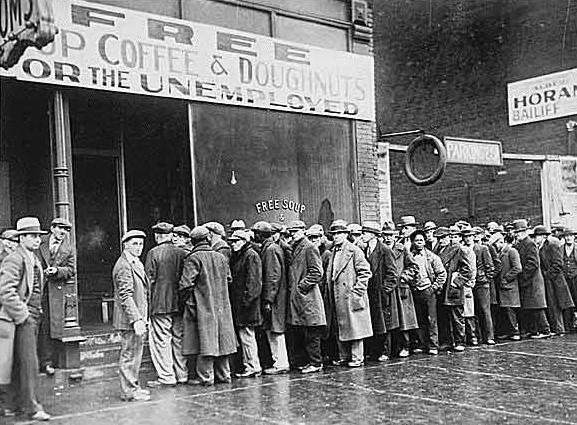Generally, the idea of going to college is not to just get a job but to begin a career. School loans are assumed to be worth the investment because of all the businesses waiting to accept entry-level graduates into their companies with open arms, offering good salaries, health, eye, and dental insurance, and Christmas bonuses. Of course, these assumptions were built before the one-two punch of a heavy recession and Obamacare hit America.
As most recent college graduates can tell you: the job market is not so flowery. A recent study out of Rutgers University found that among the graduating classes from 2006 to 2011, only 51% are employed full-time and a whopping 11% are unemployed, far above the current 3.8% unemployment rate for all college graduates over the age of 25.
Waste of Money for Many
Perhaps a bigger problem for new graduates than unemployment is underemployment. The U.S. Federal Reserve Bank of New York reported recently that 44 percent of recent graduates have jobs they would have qualified for before going to college and accumulating student debt.
These figures mean, for students who take loans, 44 out of 100 graduates will be stuck paying off an average balance of $24,301 without any equity (a graduate-level job and salary) to show for it. According to the Department of Education, within three years of leaving school 14.7% of these loans default and for every loan that defaults at least two more borrowers become delinquent.
If large percentages of student loans are defaulting, millions of people will face crippling credit rating penalties which result in the inability to finance homes, purchase vehicles, and engage in the marketplace. New borrowers need businesses willing and able to invest in college graduates.
Situation May Become Worse
The economy and job market’s recovery from the 2008 recession have trickled at an agonizingly slow pace—and it might get worse before it gets better.
The president recently gave businesses a one-year exemption from Obamacare’s insurance mandate. But what about next year? In 2014, businesses will be required to participate in hugely expensive insurance programs that will prevent them from committing to as many full-time, entry-level employees.
Obamacare’s unintended consequences reach far and wide. Nobody is hit harder by these consequences than the classes of graduates who will enter a post-recession job market that will be worse than it was when they began school.
Healthcare premiums can’t pay student loan debt. Only paychecks can do that. Those who need Obamacare the least will pay the most for it. The cost may be more dramatic and far-reaching than anyone in 2010 may have ever guessed.
Tom Toth ([email protected]) is the social media director for Americans for Limited Government.




